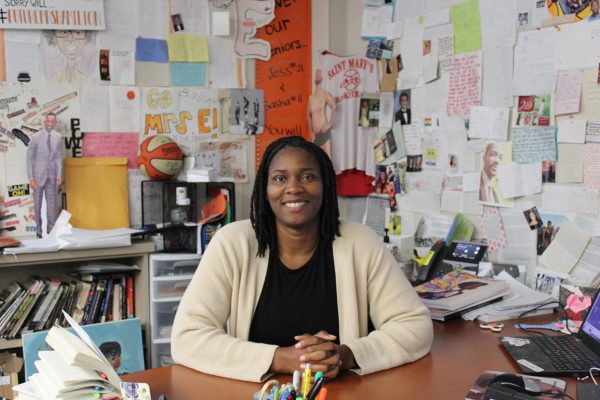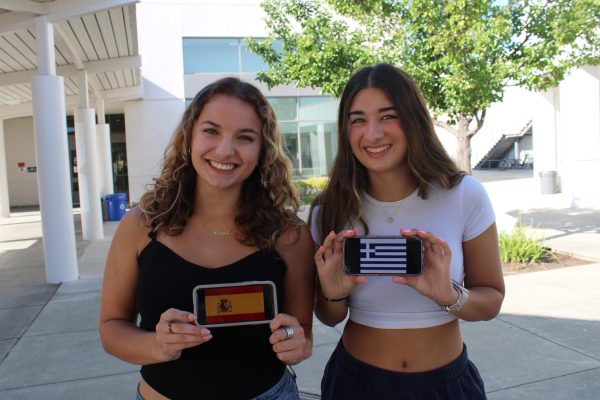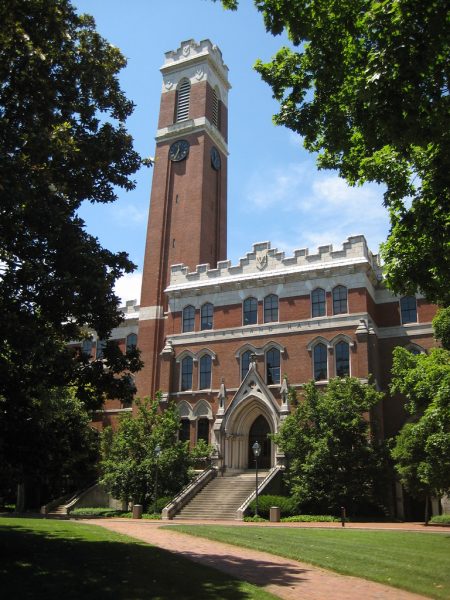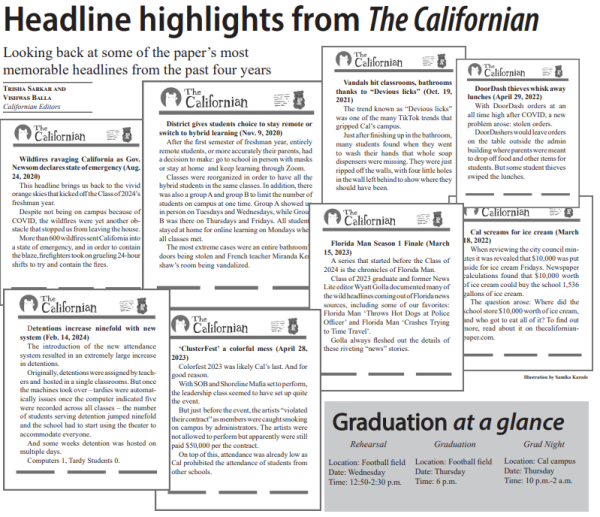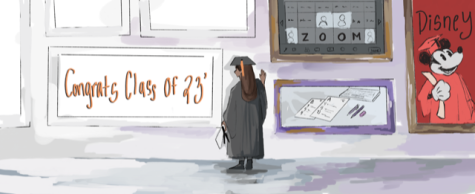Some seniors take non-college paths
Despite constant pressure from parents, peers and even teachers to attend a four-year university directly after high school, many students choose to go down non-traditional paths that will work best for them and their skills.
The days are gone when a four-year university degree was viewed as the sole gateway to a successful career. Today, Cal High students are opting for alternative routes that better align with their passions, interests and desired outcomes.
From enlisting in the military to going straight into the workforce, there are endless routes that students can explore.
Cal’s college and career adviser Kathryn Nichols helps students explore their options and find what path is best for them. By embracing non-traditional avenues, students are finding unique opportunities for growth and securing their places in an ever-evolving job market.
“I think one really important thing is to get experience in a field to make sure it’s right for you,” Nichols said. “So I think if you can volunteer and get ahead in your field, it will really help you.”
There’s multiple factors that students have to consider when deciding what to do after they graduate. Students need to take factors such as cost, personal preference and environment, among other things, into consideration.
“I knew I didn’t want to work a desk job in the future,” said senior Julian Ackerman, who will be attending Butte College as a part of the school’s fire academy, said. “So the firefighter program really appealed to me.”
There are a multitude of vital jobs within society that do not require the completion of a fou year degree, with firefighters and EMTs being just a few of them. Instead of going through four years of schooling, students can partake in programs at community colleges that will give them hands-on experiences and get them into the workforce faster, saving them not only time but also money.
With a rise in tuition costs as well as cost of living in many cities throughout America, attending a four year university is no longer a financially reasonable option for some students. As students start to realize the reality of the financial burden a four year education can have on them and their families, many are beginning to seek alternative routes that will provide them with a stable career without putting them in significant debt.
“I knew a four year university didn’t make sense for me financially,” senior Melina Kamranifard said. “I realized real estate was a good way to earn a lot of passive income.”
Programs through local community colleges can provide people access to an affordable education, flexible schedules, and programs tailored to meet the needs of local industries. The programs can allow students a gateway into a four year university to pursue their education or put them directly into the workforce.
While there are many alternative routes students can take after high school, there are also unconventional options within the realm of four year universities. United States training academies provide students with a free education in exchange for nine years of military service. Though it is a big sacrifice, it is one many students are willing to make.
“Over the summer while my peers get to go on vacation, I’ll have to do military training,” said senior Patrick Lee, who will be attending United States Military Academy at West Point in the fall. “You’re definitely sacrificing a bit of your freedom.”
As the world of education continues to evolve, many high school students will continue to choose alternate paths that will provide them with the proper tools for success.
